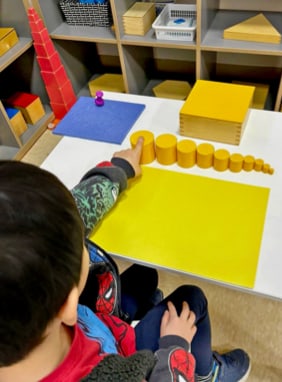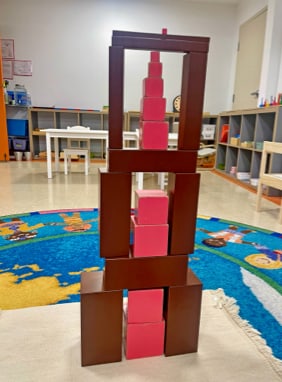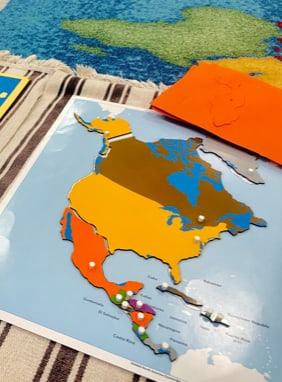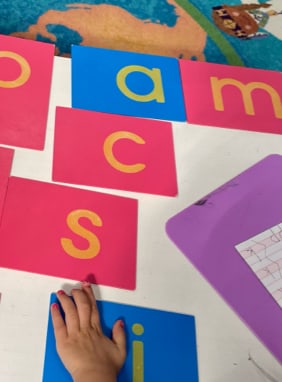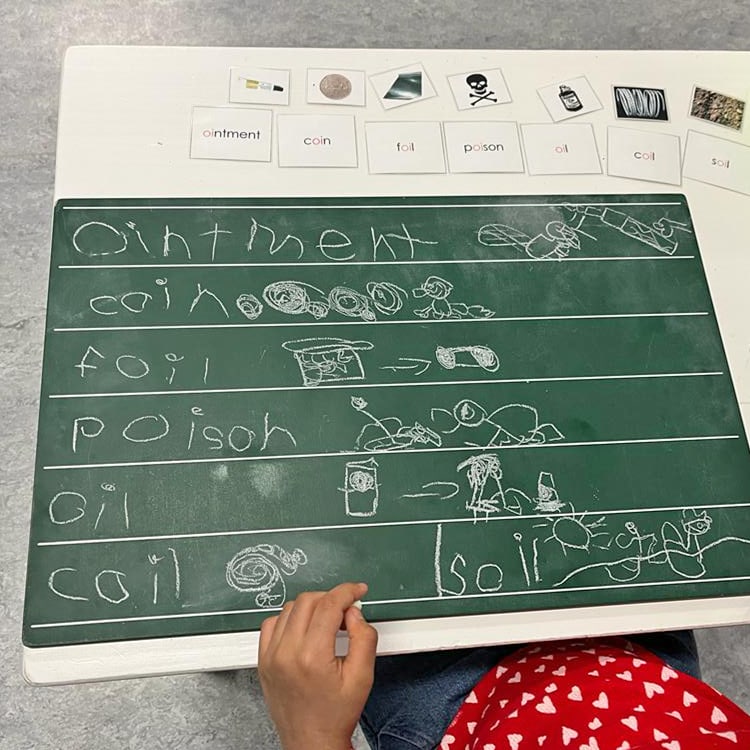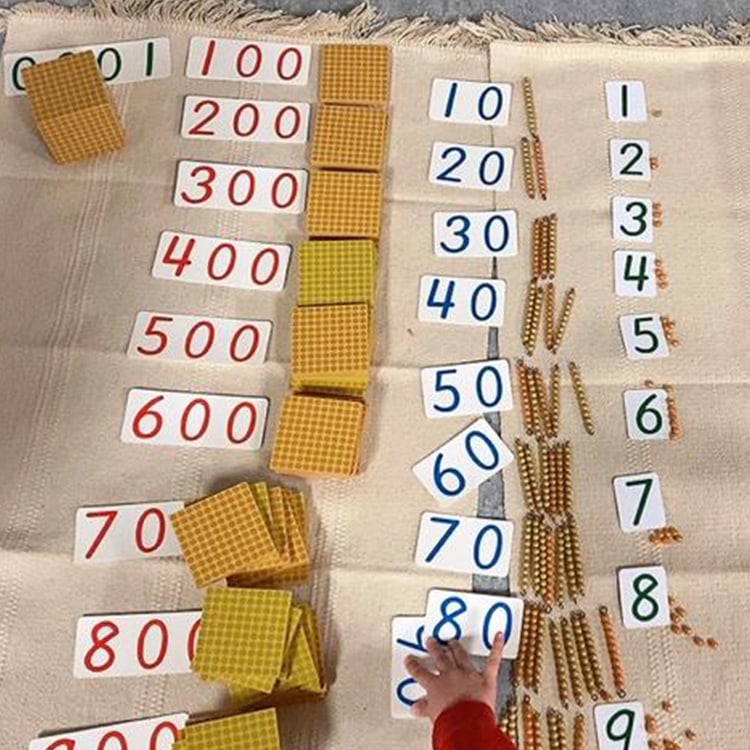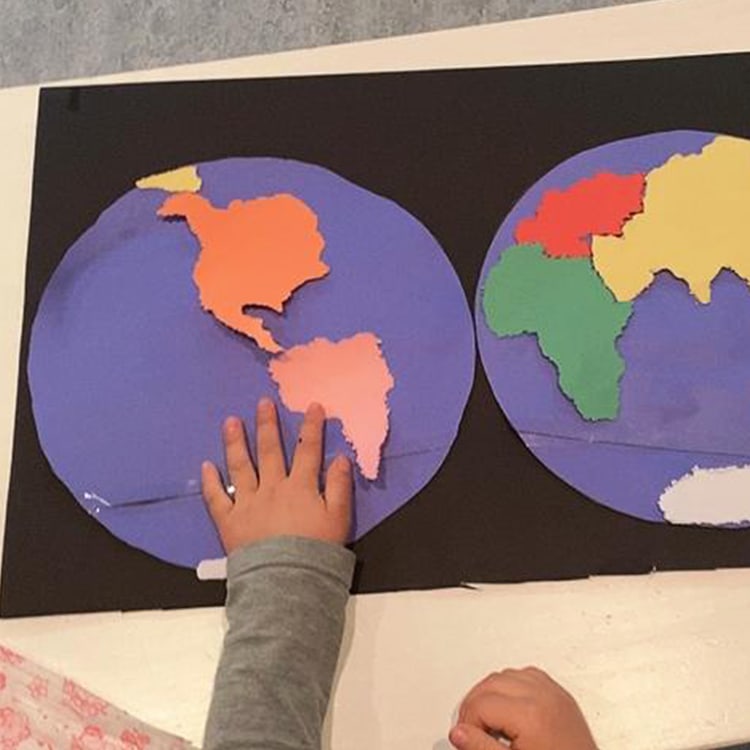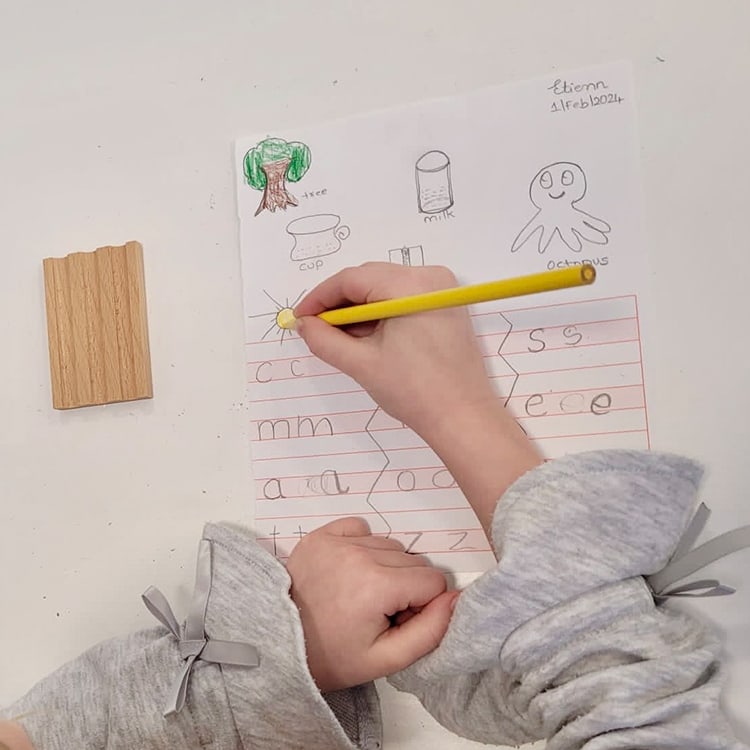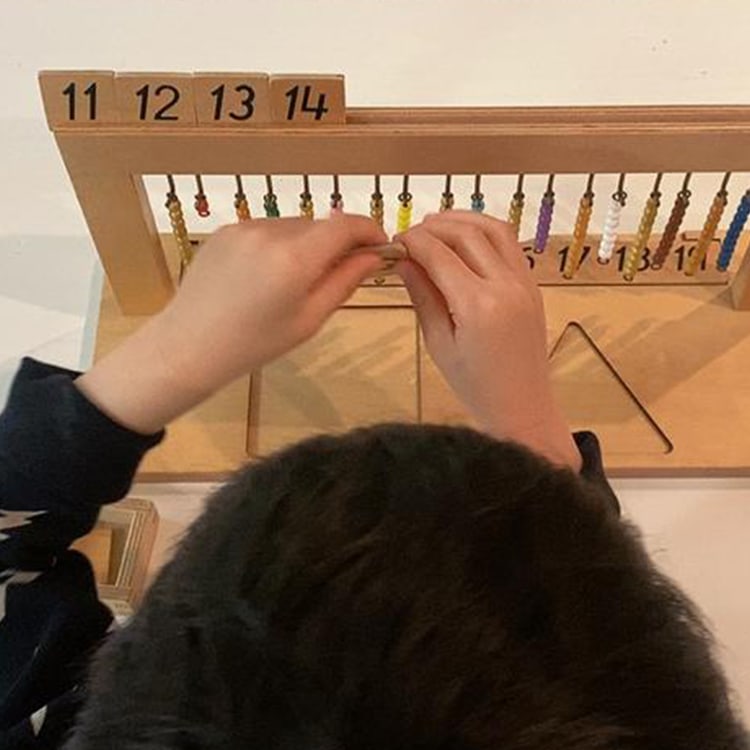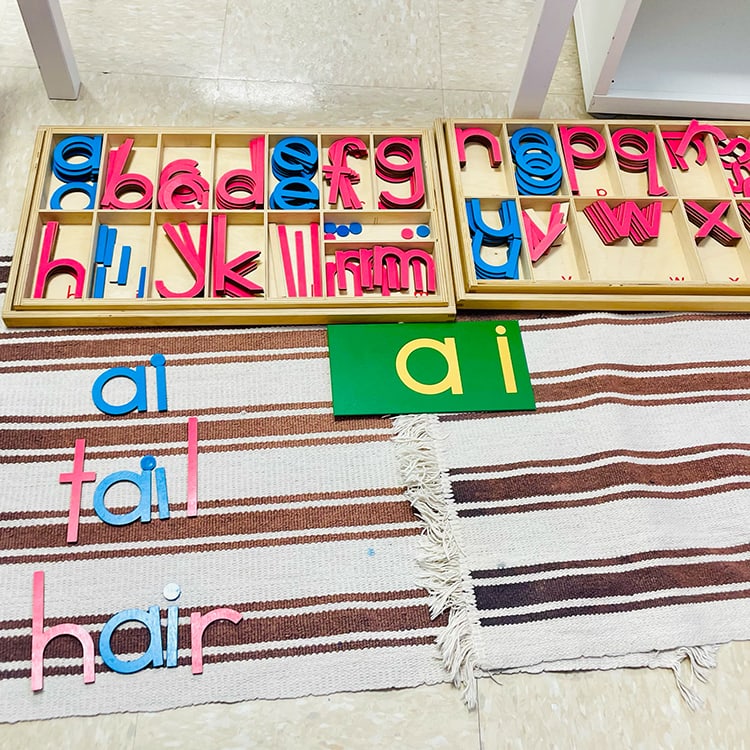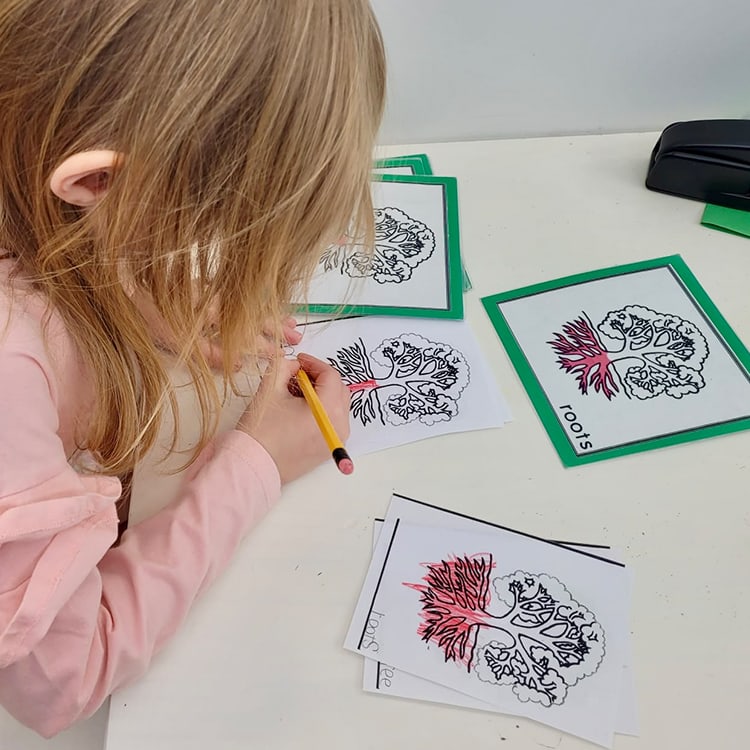The Montessori Method & Social Skills
The Montessori Method was not specifically designed to help children develop social skills. Instead, the Montessori philosophy focuses on engaging children in their learning. Through building engagement, children learn collaboration, problem-solving, and critical thinking — all important components of overall social skills.
Stages of Social Development
To understand how the Montessori Method fosters social skills and social development, it’s important to understand what normal social development looks like in children.
Age 2 to 3
At this age, children aren’t “social” in the way we would describe adults. Instead, children are developing the building blocks of socialization. They are learning basic social cues; they can look at the person who is speaking and can smile in reaction to things (usually parents and caregivers).
Your child’s relationship with you, their parents, is very strong at this age, but they are starting to face environmental challenges independently. Autonomy is beginning to emerge, but some degree of stranger anxiety is perfectly normal at this age.
Age 3 to 4
Caregivers and parents continue to play a major role in social development at this age, helping to define values and social skills. Children will begin to learn peer relationships and understand the concept of taking turns while playing. They can also initiate verbal communication with words at this age.
Age 4 to 5
Your child will continue to develop social skills from age 4 to 5. They will be more active socially and develop friendships, maybe even having a best friend. They will learn how to make direct requests (like telling another child to “stop”). This is also the age where children are prone to tattling on others as they continue to learn right from wrong.
Age 5 to 6
Between 5 and 6 years old is when children really start to deeply understand social skills. They want to please people and can apologize when they do something wrong. They can bargain and recognize power in relationships (including bullies). This is also the age where children can play competitive games and understand fairness.
Age 6 to 7
Around age 6, children gain an even deeper understanding of social concepts. They can empathize and share with others. They are much better at waiting their turn and much better at “losing” whether in a game or in life. They can listen to other points of view and have a firmer understanding of right from wrong.
The Second Plane of the Montessori Method
The Montessori Method is split into planes of development according to a child’s age:
- The First Plane: Environmental Learning, ages 0-6
- The Second Plane: Social & Societal Learning, ages 6-12
- The Third Plane: Adolescence and Psychological Development, ages 12-18
- The Fourth Plane: Cultural and Influential Learning, ages 18-24+
The Second Plane, which begins at age 6, directly coincides with the age when children begin to develop more social skills. Until age 6 (in the First Plane), children may play or work next to others but not with others.
As children enter the Second Plane they develop more social skills, which is why this plane is focused on social and societal learning. Children have a basic understanding of how the world works at this point and they’re ready to engage with their community.
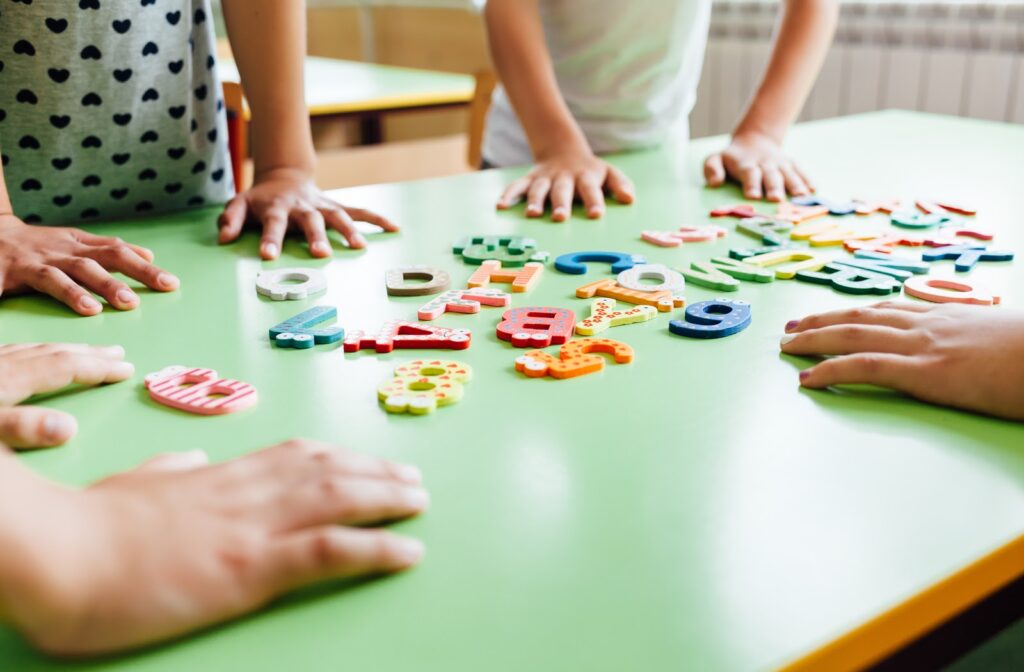
How Montessori Techniques Encourage Social Skills
In addition to specialized planes of development, many aspects of the Montessori method help children develop socially.
Mixed-Age Classrooms
Children learn by watching, modelling, and mimicking. Having older children in the same classroom allows younger children to learn from their older classmates. Mixed-age classrooms help older students, too. They learn how to include all others in activities, not just children their own age.
Limited Materials
In each Montessori classroom, there is a limited amount of learning materials and toys. By deliberately limiting the number of materials, children run into situations where they need to share. This helps children develop social skills like discussion, patience, and empathy.
Classroom Structure
Montessori classrooms are designed to encourage environment-centric learning. The less-structured environment allows children to gain responsibility for their decision making and learn the impact of their actions. Students are encouraged to interact and collaborate, rather than only focus on themselves.
Overall Philosophy
The development of social skills relies on language skills, self-regulation, and problem-solving. These are all tenants of the Montessori Method. Through Montessori schooling, your child will not only develop social skills, but learn how to make friends with children from all backgrounds, ages, and experiences.







